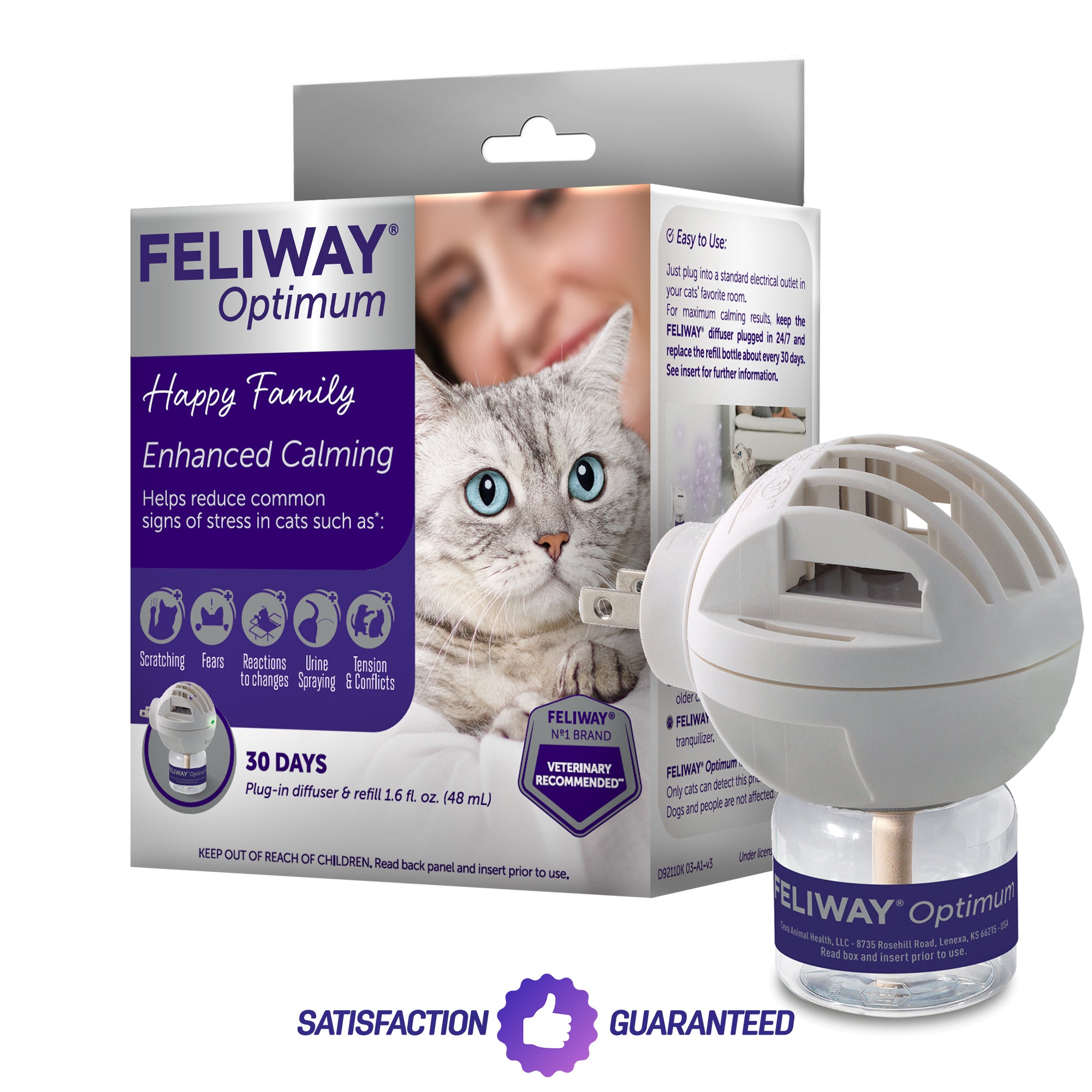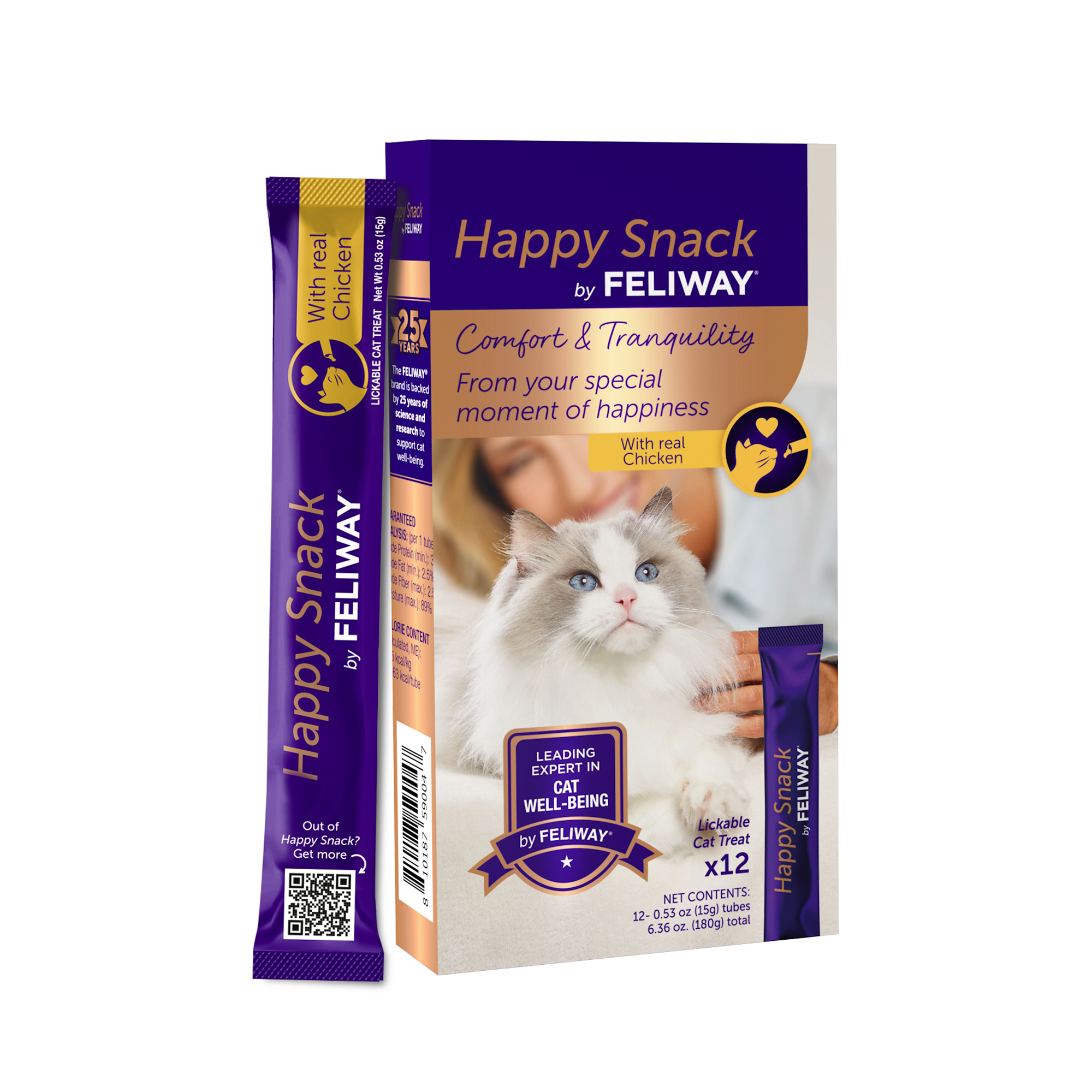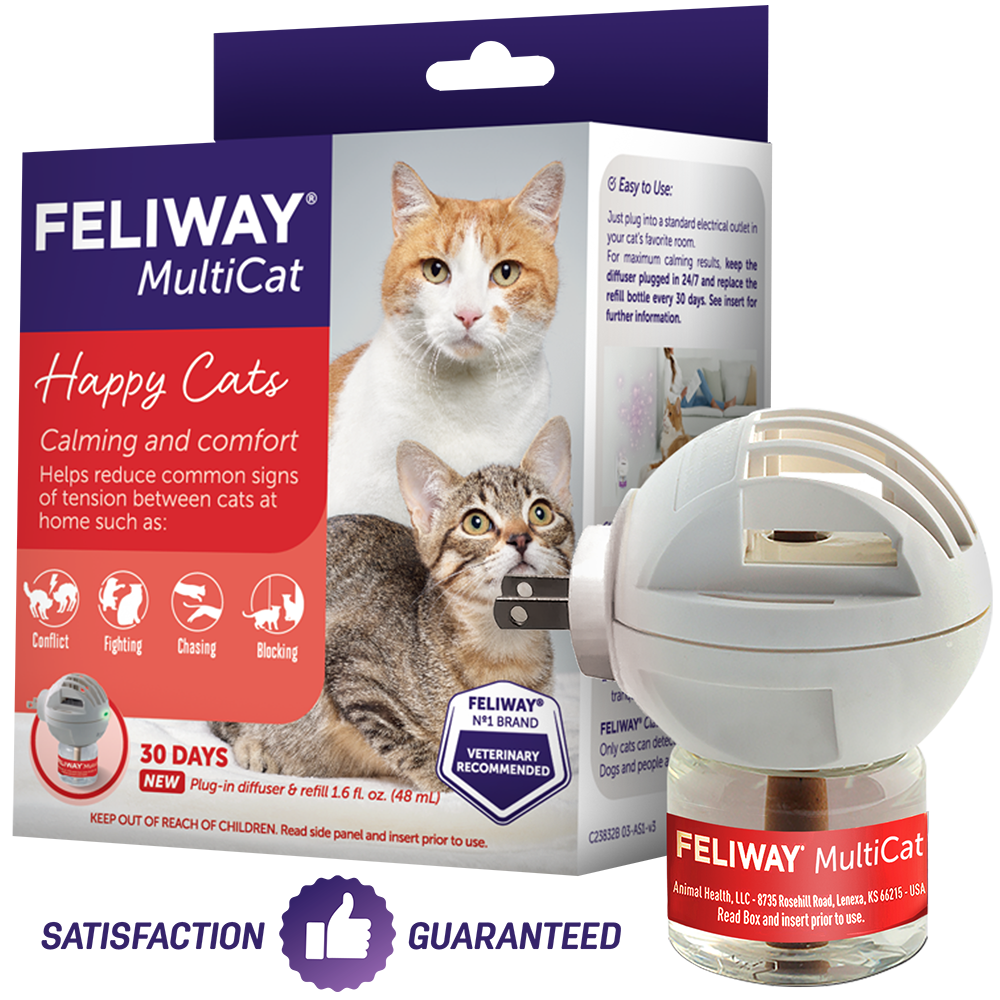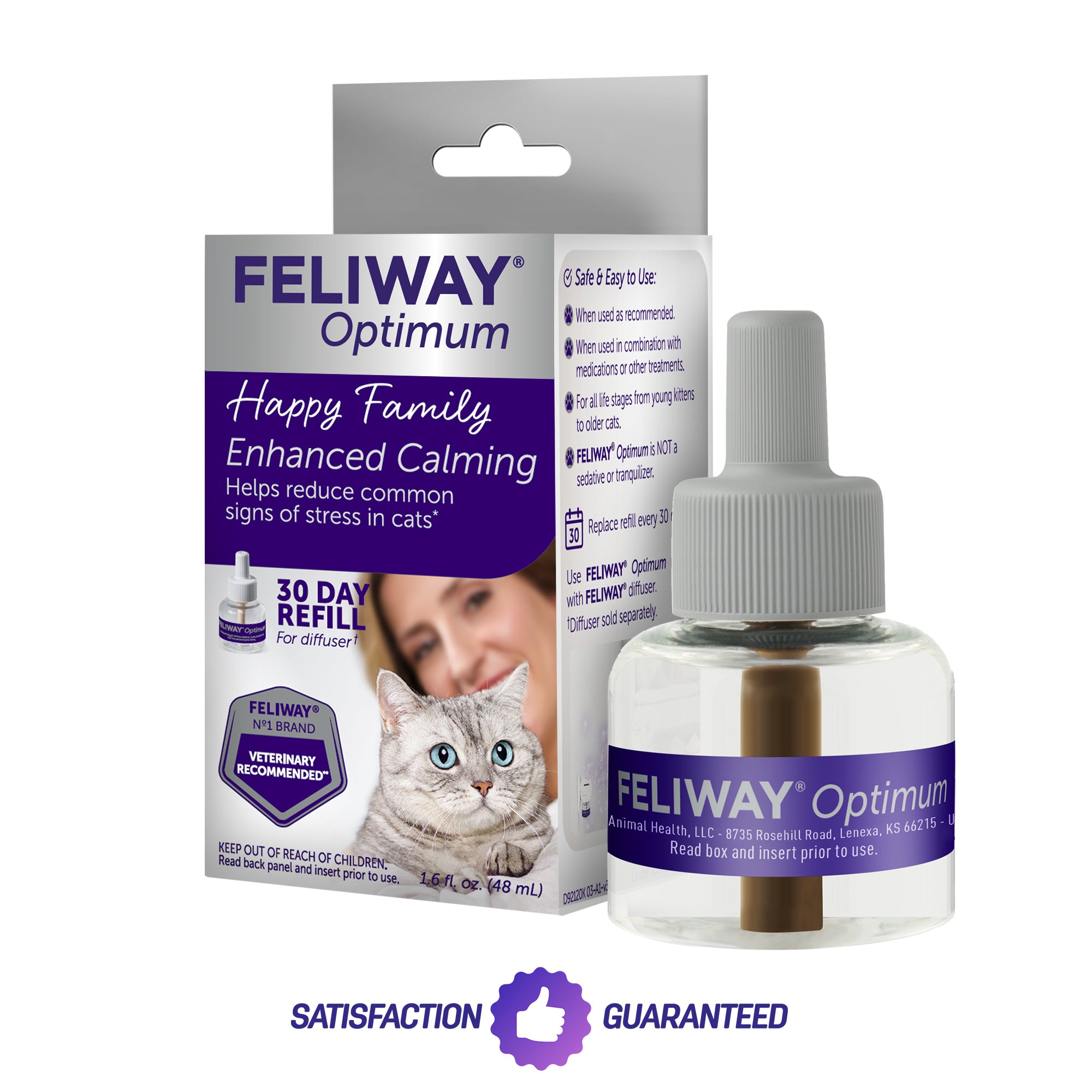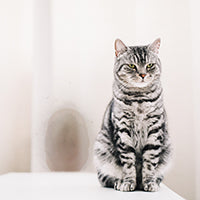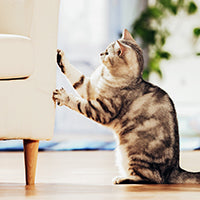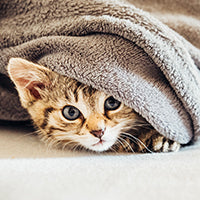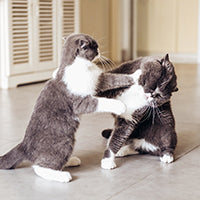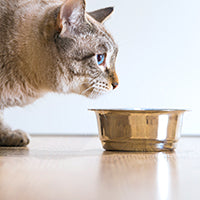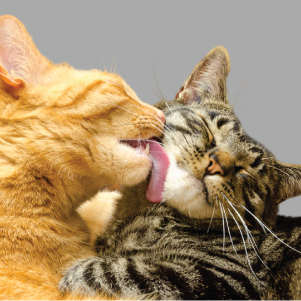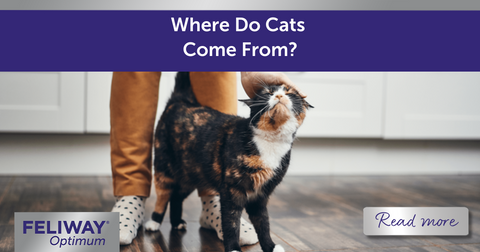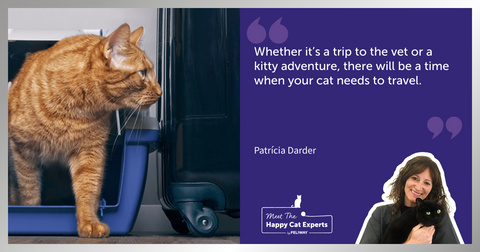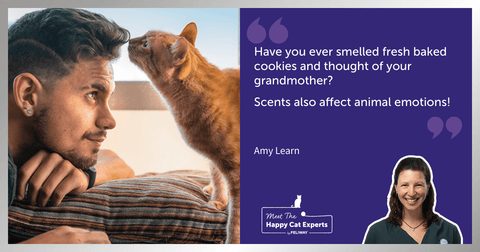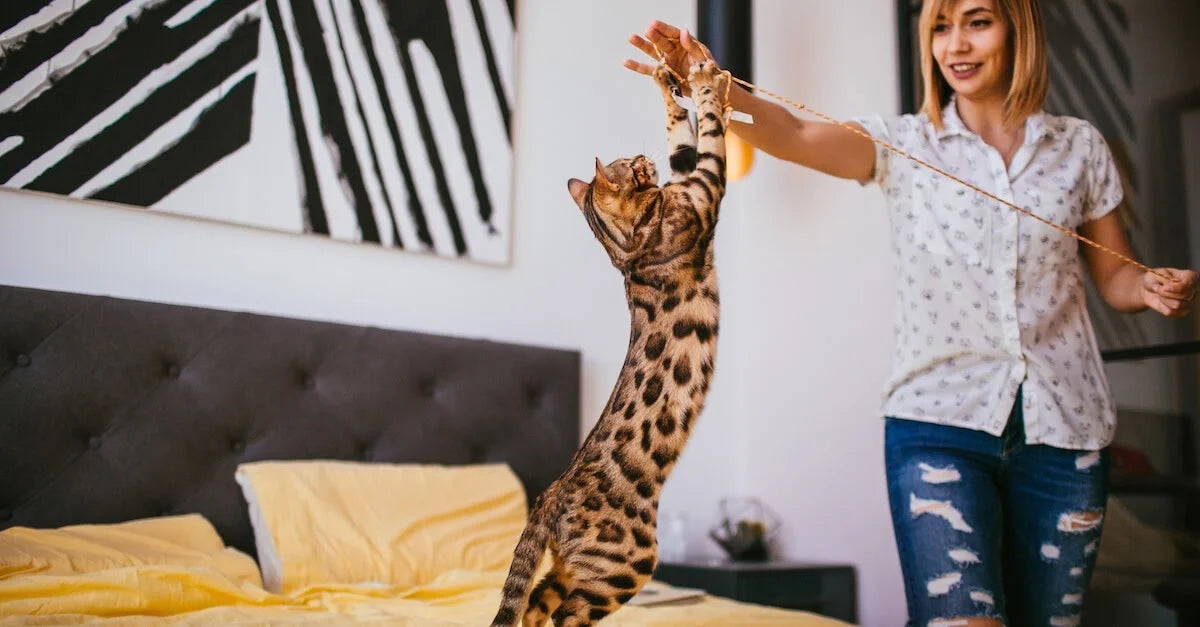
Kitty Personalities! What Personality Traits Do Different Breeds Have?
Are you considering adopting a new kitten, but want to know more about the personality traits that different breeds have?
First and foremost, you need to remember that each cat/kitten will have their own individual personality. Even though a breed may be described as ‘a friendly breed’ or ‘an independent breed’, that trait may be obvious in one cat and less so in another!
So, whilst a cat’s breed is a key consideration, there are other important things you will have to take into account before you make a final decision and bring your purrfect bundle of fur home.
Other Kitty Considerations to take into Account
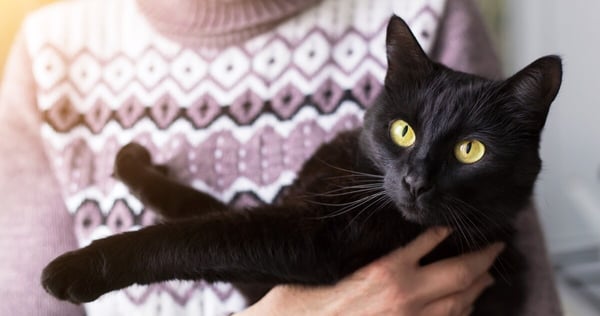
- Adult cat or kitten? Whilst all cats are cute, kittens are particularly so! If you choose a kitten, make sure you can devote plenty of time to nurture them into a loving cat that will fit well into their new home and environment. Remember that kittens can be challenging (and sometimes destructive) whilst they are exploring their new surroundings; however, an older cat will have developed their personality, and their traits and habits may not be as destructive as a kitten’s.
- Other family members: What’s not to love about a new kitten! However, if you have young children in the home, their time with the kitten should be supervised. In their excitement, children might not be as gentle as you would like, and the kitten may scratch in their own defence or in an effort to escape! Teaching children how to handle a kitty safely, and helping them learn to let a cat come to them in their own time, is important for happy family interactions!
An older cat may be less accessible to children as they are less playful, larger and can make their escape more quickly - it’s important that they have places to go to be alone - but they may take longer to settle in if they have been used to a quieter, more predictable environment.
If you have senior family members, you will be amazed at how therapeutic they will find a cat’s company as they offer unconditional love and companionship; adopting an older cat might be more advisable in these situations as the cat will be calmer and less skittish than a kitten might be.
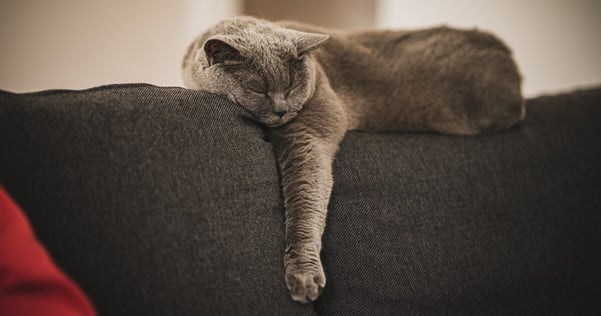
- Other family pets: Other family members can mean other pets in the home too! Introducing a new cat into a home where there is already a resident cat, or dog can bring some challenges. Careful thought will have to be given to your resident cat’s personality, and any experience with other pets.
You will also need to consider space availability, resources (each cat, for example, will need their own space, bed, food bowls, scratching post etc.) and how sociable your other pets are too.
- Lifestyle: If you have a busy work life, you may need to consider a cat that is happy to spend time alone when you are at work - or if you work from home, you may want a cat that is happy to quietly curl up on your lap without fuss, and keep you company at your desk. Cats know what they like and can give you good tips if you are going to work from home!
What Personality Traits do Different Breeds have?

When considering adopting a cat, ultimately the choice is a personal one, and even though you may be looking to choose a breed based on their personality trait, remember cats are all individual and their own personality will probably still shine through in time.
Genetics do play a part in a cat’s temperament, but early experiences when they are kittens will also influence their character; if they have plenty of positive exposure to living with humans - and other pets - at an early age, this will also have a positive impact on their personality as they grow older.
A study by American Veterinary Medical Association, has found that there are 5 Feline Personality Traits in cats:
- Neuroticism: reflects the traits of insecurity, anxiety, fearful of people, suspicion, and shyness.
- Extraversion: these traits include being active, vigilant, curious, inquisitive, inventive, and smart.
- Dominance: includes bullying as well as the characteristics of dominance and aggression toward other cats.
- Impulsive: These traits include erraticism and recklessness.
- Agreeable: These include affection, friendliness to people, and gentleness.
Cat Breed Traits
In general terms, however, here are some personality traits of a few of our favourite feline friends. We’ve split them into two broad categories:
More adventurous breeds:
- Abyssinian: Busy, active, purposeful and affectionate cats with lots of energy. These kitties are intelligent and talkative!
- Bengal: Curious, energetic and athletic. Require plenty of stimulation both mentally and physically.
- Devon Rex: Has the look and personality of a Pixie.
- Norwegian Forest Cat: An active breed that loves hunting and climbing.
- Ocicat: A strong, active and sociable cat.
- Ragdoll: Lots of energy and very curious cats so like to know what’s going on!
- Siamese: Determined, vocal, active, affectionate cats but they don’t like being left alone.
- Balinese: Known for their intelligence and inquisitive nature, they make loving companions that will sit quietly with you, and often enjoy being petted.
More relaxed breeds:
- American Shorthair: Even tempered and quiet.
- American Wirehair: Even temperament.
- Bombay: Playful and affectionate, they make great lap cats.
- British Shorthair: Curious cats that like to relax. They also enjoy company and will chill happily on the couch next to you.
- Burmese: This breed becomes attached to their family very quickly and are very outgoing.
- Chartreux: Gentle, playful yet quiet cats .
- Himalayan: These cats like peaceful environments, so may not enjoy a home full of children but may be good as a companion for a senior.
- LaPerm: Affectionate and gentle, likes sitting on your lap but also very active so enjoy games.
- Maine Coon: Gentle cats that are good companions that enjoy mental challenges so they like lots of playtime.
- RagaMuffin: Affectionate, docile and loves people - and yes, we love the name as much as you do!
- Turkish Van: Sweet and curious.
Let’s not forget our mixed breed feline friends! It may be more difficult to predict their personalities but if adopted from a cat rehoming centre, their cat-carers will have spent lots of time with them and will be able to advise you on their personality traits so that you can make an informed decision.
Whichever cat breed you choose, make sure that you provide all the resources they need, get to know their own personality - which could reflect their breed - and develop that special bond that humans have with their feline friends. Using FELIWAY Optimum will help your cat continue to feel calm and serene in their new home, whatever their personality trait.
